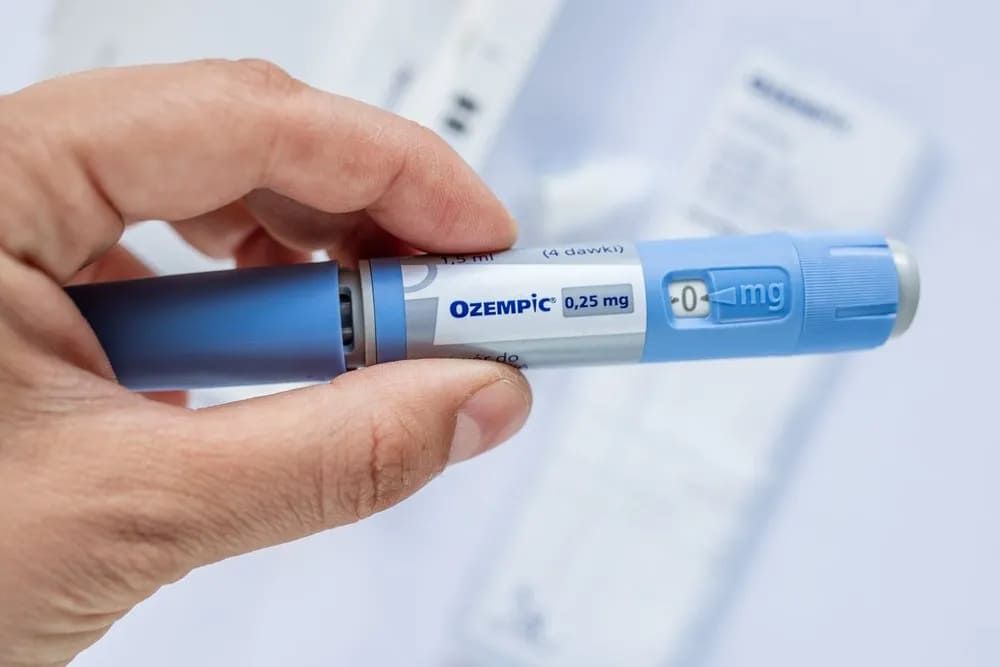Insulin therapy and oral hypoglycemic agents among other treatment modalities are the most frequently used. That begs the question most often asked in diabetes management, does insulin get blood sugars any lower than oral medications? The answer is not so simple and depends on a number of factors, including the type and severity of diabetes, patient characteristics, and treatment goals. A comparative analysis of the mode of action, effectiveness, and therapeutic use of these treatments can shed light on the features around them.
A Brief Guide to Construction Jobs

Insulin, for instance, is a hormone produced by the pancreas that allows your body to use and store blood sugar. Insulin therapy is of major importance for those with type 1 diabetes who also have targeted their pancreas beta cells with their personal immunology causing insufficient insulin and their destruction preventing the patient from being able to make insulin. For people with type 2 diabetes, it’s a bit different. At first, the body resists insulin, and then, eventually, the pancreas stops making enough. Although these oral medications are usually a first treatment option for type 2 diabetes, insulin therapy may be needed to address disease progression.
For example, metformin, sulfonylureas and SGLT2 inhibitors blood sugar by different mechanisms. Metformin lowers hepatic glucose production and increases insulin sensitivity, while sulfonylureas promote the release of additional insulin from the pancreas. They are tightly regulated since they are excellent at managing blood sugar levels especially when the onset of type 2 diabetes is newly a concern. However, their potency may be reduced over time as beta-cell function deteriorates. This phenomenon is called “secondary failure,” and often it leads to the need of insulin therapy.
Insulin is the most powerful drug in the world for lowering blood glucose. Insulin, unlike oral medications, which depend on whatever insulin your body still makes or how sensitive it has become to the hormone, goes straight to the heart of the problem. It is especially helpful for people with bad hyperglycemia or severe forms of diabetes with marked beta-cell deterioration. The above are well documented consequences of lost control of diabetes and the benefit of even moderate doses of insulin therapy isolated from the effects of oral medications. For example, instituting insulin therapy in poorly controlled type 2 diabetic patients often produces a dramatic improvement in glycemic control over the space of weeks.
Yet insulin is more effective than its rivals at achieving reductions in blood sugar, it may not be the most appropriate choice in all patients. Despite the effectiveness of insulin therapy, the need for injection therapy is inconvenient, and concerns about hypoglycemia and weight gain also pose burden to patients with insulin therapy. Hypoglycemia, in particularly, can be a serious side effect and potentially life-threatening, especially for older patients or those who are not regular eaters. A clear advantage of these oral medications over insulin is a lower risk for hypoglycemia (except with the sulfonylureas) and much easier to administer. Oral medications are often sufficient for glycemic control, especially in patients with early-stage type 2 diabetes, without the disadvantages of insulin.
To this end, diabetes management is a very individualized process. Whether to start with insulin or oral medications should be determined by the patient's individual circumstances, including preferences and health status. A patient’s HbA1c is significantly elevated, the mechanisms of action of these agents are sometimes too slow and or ineffective; for example, if one of the agents was an insulin, it would help them quickly reach control over their blood glucose, or on the contrary, if a patients glucose levels were mildly hypertensive, they might be able to meet their targets solely with oral agents. Combination therapies, utilizing both insulin and oral medications, are often used to optimize efficacy and limit side effects. As much as insulin therapy remains a viable treatment option for diabetes, combining it with metformin therapy can help lower the amount of insulin needed and avoid weight gain.


Guess you like
-

How to Get the Best River Cruise Deals
-

Top Revenue-Generating Beauty Brands in the World
-

Why Did Puig Generate Billions of Profits in Its First Year of Going Public?
-

PepsiCo's Acquisition of Poppi: What Makes It So Special?
-

Vacation Package For Seniors: Relaxation, Adventure and Comfort
-

Natural Yeast Extraction: What Is Angel YE ?
Trending
-
1

Low-Calorie Health Drinks: A Guide to Refreshing and Nutritious Choices
-
2

Detox Drinks Which Are Good for Losing Weight
-
3

Best Teas for Wellness: A Guide to Health-Boosting Brews
-
4

How Has Greggs Managed Continuous Growth in the UK's Competitive Food Industry?
-
5

From Law to Food: How Two Lawyers Built Halo Top into America’s Favorite Ice Cream
-
6

The Rise of Lotus Biscoff
Featured?Articles
-

Low-Calorie Health Drinks: A Guide to Refreshing and Nutritious Choices
-

Detox Drinks Which Are Good for Losing Weight
-

Best Teas for Wellness: A Guide to Health-Boosting Brews
-

How Has Greggs Managed Continuous Growth in the UK's Competitive Food Industry?
-

From Law to Food: How Two Lawyers Built Halo Top into America’s Favorite Ice Cream
-

The Rise of Lotus Biscoff


